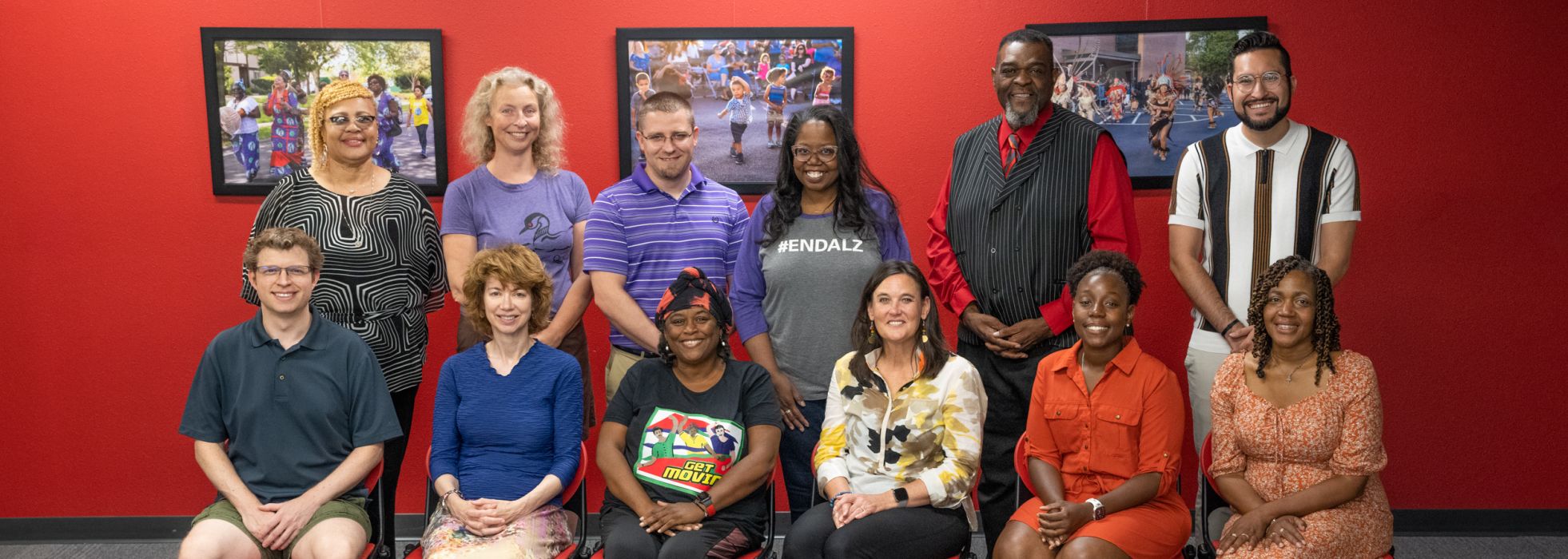Alzheimer's Disease Research in Under-Represented Groups
Carey Gleason, PhD, principal investigator and clinician, identifies as a white female of Northern European descent. She holds a position as a professor of Geriatrics and Gerontology at the University of Wisconsin Madison, a predominantly non-Hispanic and white academic institution in the United States.

Diversity Makes for Better Science
The Gleason Lab is founded on the premise that diversity makes for better science and the belief that research discoveries should benefit all groups. These themes unify our varied avenues of scientific inquiry.
Carey’s research attempts to mitigate health disparities in historically underrepresented groups by seeking to identify modifiable risk factors for Alzheimer’s disease in African Americans, Native Americans, and women, promoting disease prevention, timely detection, and intervention. In efforts to avoid repeating colonial research practices of both the past and present, Carey incorporates both knowledge and guidance from communities so that the research outcomes will provide a community-centered and meaningful impact. Promoting collaboration, partnership, and building trust are core pillars of Carey’s research philosophy.
Dr. Gleason acknowledges that she does not have the lived experiences of Black and Indigenous individuals. To enhance her cultural awareness, she seeks out opportunities to learn from courses, seminars, and literature and art. Still, she knows that her identity means that her scientific work will always originate from an outsider's perspective and one of privilege. To address this limitation, she amplifies the voices of those with diverse lived experiences, bringing a range of perspectives to her research work – at all levels. This includes supporting advisory boards, hiring staff who hold marginalized identities, and mentoring the next generation of leaders. She describes herself as the placeholder. She strives to use her time in leadership and privilege to elevate future leaders who represent the communities with whom she partners. Moreover, she wants to make changes to the existing systems, decolonizing institutional policies and practices that limit the inclusion of diverse lived experiences.
